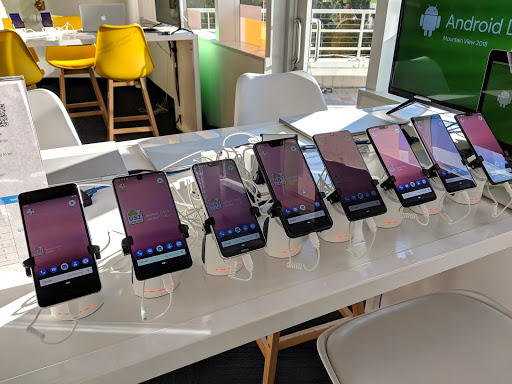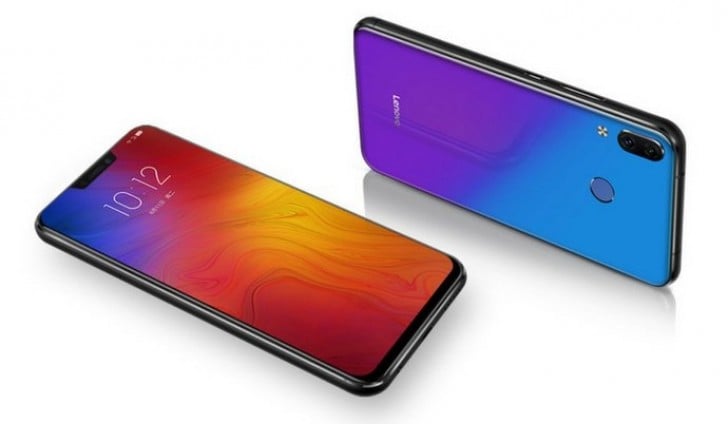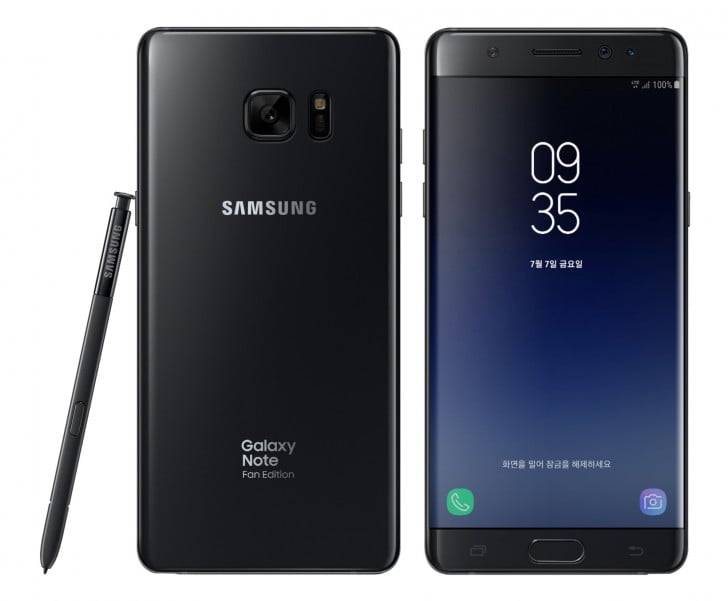Well, it seems an extra advantage for the users who are going to buy a new smartphone running Android 9.0 Pie. Project Treble will gradually help Android devices to get timely updates, and we hope it will end the Android fragmentation upto some levels. Last week at Android developers Summit 2018, Google demonstrated the benefits of Project Treble by running same GSI (Generic System Image) on all devices.

In step forward, now Google has conveyed that all the new devices launching on Android 9 Pie will endeavor Treble-compliance. All the new devices from every OEM can now take full advantage of the Treble architecture to deliver timely updates. We hope to see some significant improvements in the next month’s Android distribution charts. It would be good to see Android 9.0 Pie to get some big chunk of share in comparison to the last few months since its launch.
In a similar statement, Google said the aim is to “see more devices from OEMs running Android Pie at the end of 2018, as compared to the number of devices that were running Android Oreo at the end of 2017”.
The new experimented GSI build is built on AOSP source code with all other fixes and enhancements reported by manufacturers. It seems the makers have already played a lot with it, and now it’s time for third-party developers to test it and make it native for the devices. The app developers can also access the same build to harness the power of GSI build. It will help them to test their apps across different devices. The facility to test the app can be extended to any Treble compatible device that is unlocked.
The team behind the GSI is making it more competitive by inducing more and more features. They have also promised to bring in early access to future Android platform builds to start developing the app compatibility before the release.
What is Project Treble?
As like of primitive Android version, where Google releases a new update to the ecosystem, then the chip makers like Qualcomm and MediaTek make it compatible with their processors by adding support via low-level code. Finally, the OEMs prepare the software update and rollout to the users. To eliminate this three-phase update process, Project Treble has been introduced.

Project Treble simplifies this whole process. Now, instead of waiting for new codes for chipsets by major chip makers, the OEMs can use the driver interface to push the latest updates. Smartphone manufacturers need not to wait for chip makers to start developing and testing the new Android distribution.
(Source)







